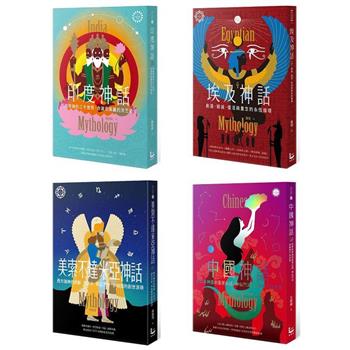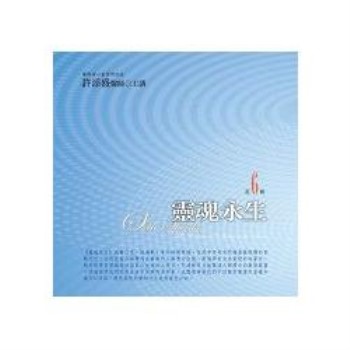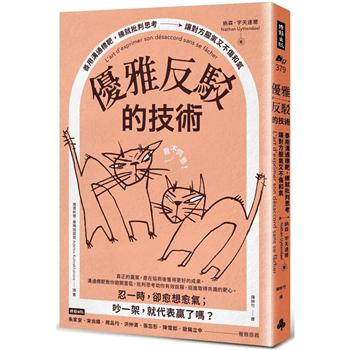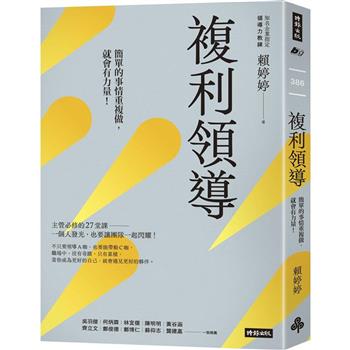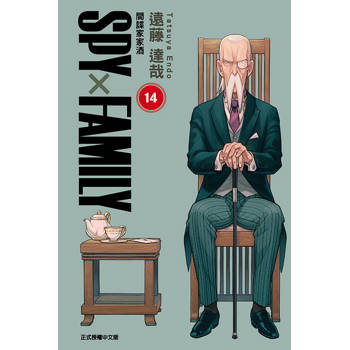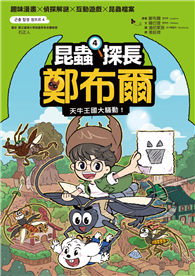Material things mattered immensely to those who engaged in daily struggles over the character and future of slavery and to those who subsequently contested the meanings of freedom in the post-emancipation Caribbean. Throughout the history of slavery, objects and places were significant to different groups of people, from the opulent master class to enslaved field hands as well as to other groups, including maroons, free people of colour and missionaries, all of who shared the lived environments of Caribbean plantation colonies. By exploring the rich material world inhabited by these people, this book offers new ways of seeing history from below, of linking localised experiences with global transformations and connecting deeply personal lived realities with larger epochal events that defined the history of slavery and its abolition in the British Caribbean.
This book was originally published as a special issue of Slavery & Abolition.

